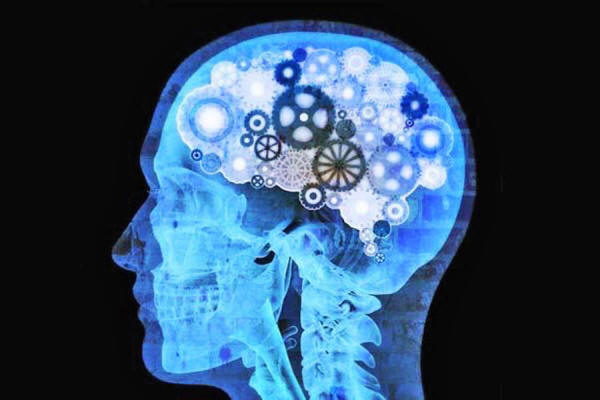|
Today, we develop most of
our beliefs based on external forces, with very little
first-hand experience. Where the early humans relied on direct
sensory experience to shape their beliefs, we now rely on language
and our own ability to discern falsehoods from truth.
What is the reason for
this eager credulity and can we control it?
This sounds like a reasonable approach to integrating new beliefs.
Most of us think ourselves capable of evaluating ideas and making up our own mind. Yet, think about it:
I'm not just talking about some random fact you saw on a news website.
I'm talking about ideas
that you receive from everywhere. All of your media outlets, social
networks and personal interactions. Truthfully, there's so much
information coming at us all the time, who has time to fact check
and research all of it?
Even more importantly, we
adapt to perpetuated ideas of authority and conformity.
Finally, we buy into society's view of what it means to be a human.
Yet, for most, these programmed beliefs are the first resource for fact-checking and assessing new ideas and assertions.
Spinoza realized that the brain does not process ideas the way that Descartes proposed.
He suggested that,
Confirming this theory, new research has shown that our brains are actually naturally willing to believe whatever we feed them.
Researchers Daniel T.
Gilbert et al. from The University of Texas at Austin
conducted an experiment where they presented a set of true and false
statements about a crime to study subjects.
The study outcome showed
that the group that was also counting recalled more false assertions
as true, but not the other way around. They also gave the fictitious
perpetrator more jail time.
Therefore, this reinforces Spinoza's theory that people are quick to believe an idea. Yet, the findings introduce the argument that interruption prevents us from "unbelieving" new assertions.
Thus, are we really
capable of the skepticism that the modern world requires?
Never mind the incessant attempts of advertisers to snag your attention and constant beckoning of your smartphone.
How can we expect our brain to take an uninterrupted assessment of new ideas?
Gilbert et al write:
Therefore, much removed from Descartes theory, Gilbert et al. propose that each event and encounter in your life alters your brain.
At times, this change is
permanent, unless you have the time and cognitive ability to reflect
on the encounter and, then, decide if you want to disbelieve the
ideas it introduced.
Marketers introduce ideas
(beliefs) about their products in passing. Typically, you're already
distracted with whatever it is that you're doing (driving, watching
a show, reading a news piece, etc). Some might argue that
advertisers are creating beliefs in your brain without your
permission.
Some would say yes, but let's go back to Descartes' idea that one can seek out evidence so s/he can decide to disbelieve an assertion.
Gilbert et al write:
What I'm getting at here is that we must have the cognitive ability, as well as true information, to help us disbelieve false assertions.
Unfortunately, these skills are mostly the function of our education system, as well as organized groups and religious sects. Therefore, society partially controls our ability to distinguish truth from falsehoods.
We are told to believe that the information fed to us in schools and churches is truth.
Final Thoughts
Regardless of how
gullible the brain really is, we hold the power over our thoughts.
This control stems from our willingness (motivation) to reflect on
and contemplate ideas.
We can expend these abilities through self-education and the rational exchange of ideas with others.
We have access to an endless pool of knowledge. All we need to do is decide...
Do we want to ingest only what mainstream society throws at us, or are we willing to seek out our own truth?
|


